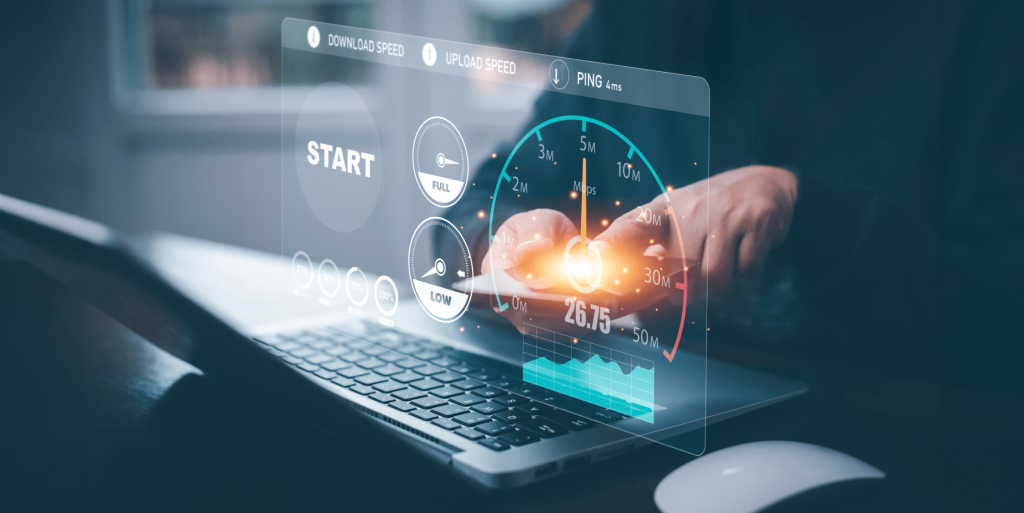IEEE 1175 Reliability Testing for Software Systems
The IEEE 1175 standard is a comprehensive framework designed specifically to assess the reliability of software systems. This service ensures that developers, manufacturers, and quality assurance teams can evaluate system robustness under various conditions, thereby enhancing overall product reliability and ensuring compliance with international standards.
Reliability testing involves simulating real-world operating environments to identify potential weaknesses in the software design or implementation. By adhering to IEEE 1175 guidelines, we provide a structured approach that helps organizations meet stringent quality control requirements. This process is crucial for industries such as aerospace, automotive, medical devices, and telecommunications where failure can lead to significant safety risks.
The testing methodology encompasses several key phases: initial setup, execution, monitoring, analysis, and reporting. During the setup phase, we define test scenarios based on typical usage patterns and potential fault conditions. Execution involves running tests over extended periods under controlled environments replicating real-life stresses. Monitoring ensures continuous observation of system behavior while analyzing results to detect anomalies.
One of the critical aspects is ensuring that all tests are conducted according to IEEE 1175 standards, which include detailed specifications on test protocols, metrics for evaluating reliability, and criteria for determining successful completion. Our team uses advanced tools and technologies to automate much of this process, reducing human error and increasing efficiency.
Another important factor is the selection of appropriate failure models, which serve as a basis for predicting how the software might fail under different conditions. These models help in identifying critical points within the codebase that require more rigorous scrutiny. Additionally, we employ statistical methods to analyze data collected during testing, providing insights into areas where improvements are necessary.
Our service not only focuses on technical aspects but also considers broader implications like cost-effectiveness and time-to-market. By leveraging IEEE 1175 standards, companies can streamline their development processes while maintaining high levels of quality assurance. This approach fosters innovation by encouraging continuous improvement through iterative testing cycles.
Applied Standards
| Standard Name | Version |
|---|---|
| IEEE 1175-2020 | International Standard for Reliability Testing of Software Systems |
| ISO/IEC TR 19759:2013 | Guidelines for Assessing and Reporting the Reliability of Commercial Off-the-Shelf (COTS) Software Products |
| Test Scenarios | Description |
|---|---|
| Load Testing | Evaluating system performance under heavy concurrent user loads. |
| Fault Injection | Introducing known faults to observe recovery mechanisms. |
| Stress Testing | Testing beyond normal operational capacity to identify breaking points or fail-safes. |
Environmental and Sustainability Contributions
- Evaluating software for energy efficiency to contribute towards lower carbon footprints.
- Identifying vulnerabilities that could lead to hardware failures, potentially reducing waste.
- Improving overall system reliability which can extend product lifecycles, thereby conserving resources.
Competitive Advantage and Market Impact
Adhering to IEEE 1175 standards provides significant competitive advantages by ensuring superior product reliability, which translates into enhanced customer satisfaction. Reliable software systems are less prone to errors, leading to fewer service calls and returns, thus reducing operational costs.
In terms of market impact, compliance with such rigorous testing protocols can differentiate a company from its competitors. It signals commitment to excellence in quality assurance, attracting clients who prioritize reliability above all else. Moreover, successful completion of these tests often opens doors for certifications and recognitions that further bolster brand reputation.





